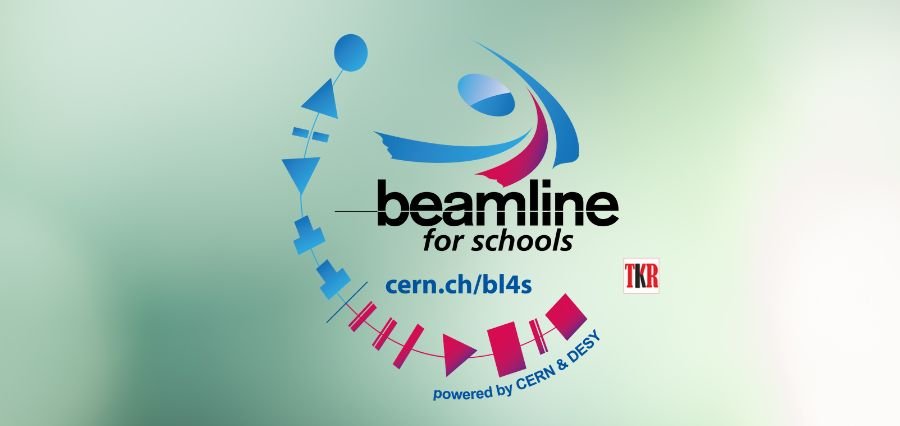Prime Highlights
- Five groups of students from Belgium, Canada, Mexico, Türkiye, and the USA will be performing particle physics experiments at CERN, DESY, and Bonn University.
- Over 500 proposals were submitted by 72 countries to take part in the competition, exhibiting a greater degree of international interest in science and innovation.
Key Facts
- Belgium and Türkiye won for the first time ever in the history of the competition spanning 12 years.
- Over 3,500 students took part, a record number of participants for the campaign.
Main Background
The Beamline for Schools (BL4S) competition, which CERN runs annually, allows high school students to propose and run real particle physics experiments. Since its inauguration in 2014, the contest has become an international platform for emerging science expertise, with prizes ranging from access to professional beamline facilities at CERN, DESY in Germany, to, in 2025 for the first time ever, the ELSA accelerator laboratory at the University of Bonn.
2025 winners are geographically diverse and scientifically innovative. “The Spallateam” from Belgium and “Physical” fromTürkiye will go to CERN to explore neutron production with composite and pure tungsten spallation targets. “Dawson Technicolor” from Canada will explore muon tracking with a 3D scintillation chamber at DESY. “Pumas in Kollision” from Mexico will explore new scintillating materials using natural materials like kidneywood pigment. “Team XTReme” from the U.S. will conduct experiments on transition radiation at Bonn ELSA.
This is the highest category of participants this year with 508 teams entering proposals and over 3,500 students from 72 countries. The scientific merit, feasibility, and the ability to effectively communicate were the criteria used to assess the teams. Other than the grand winners, three teams received awards for their outstanding video entries and 15 for successful local outreach. The grand prize winners were also awarded telescopes by “Stars Shine for Everyone,” which is a science outreach program sponsored by Nobel laureates.
The program is funded by Wilhelm and Else Heraeus Foundation, Perpetual Planet Initiative of Rolex, and CERN & Society Foundation. Partnership of CERN with DESY and Bonn University illustrates greater global initiatives to engage the next generation in high-level physics. BL4S illustrates a grand push for engaging the next generation of researchers and bringing high-level scientific research to all, according to CERN Director for International Relations Charlotte Warakaulle.




